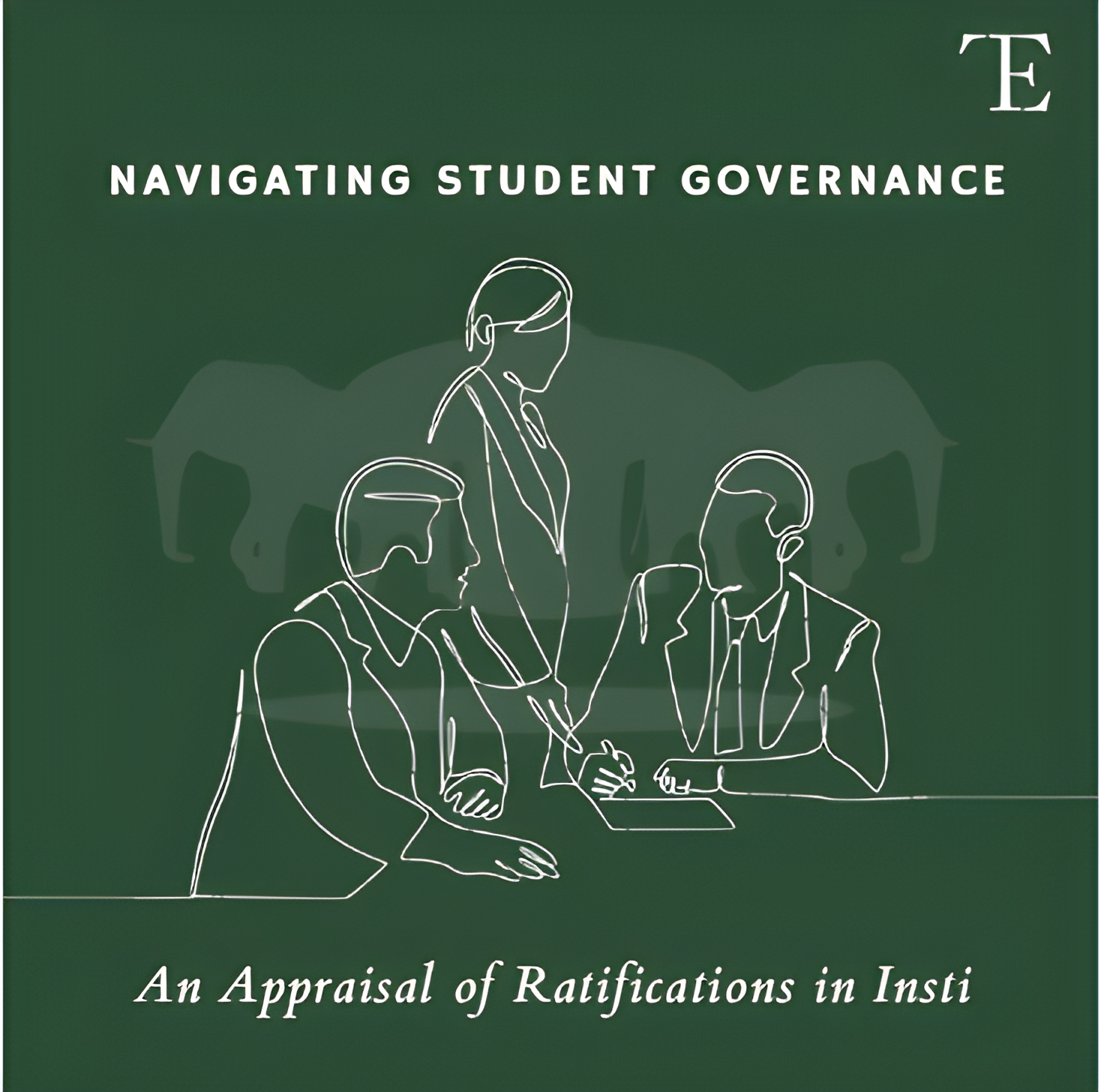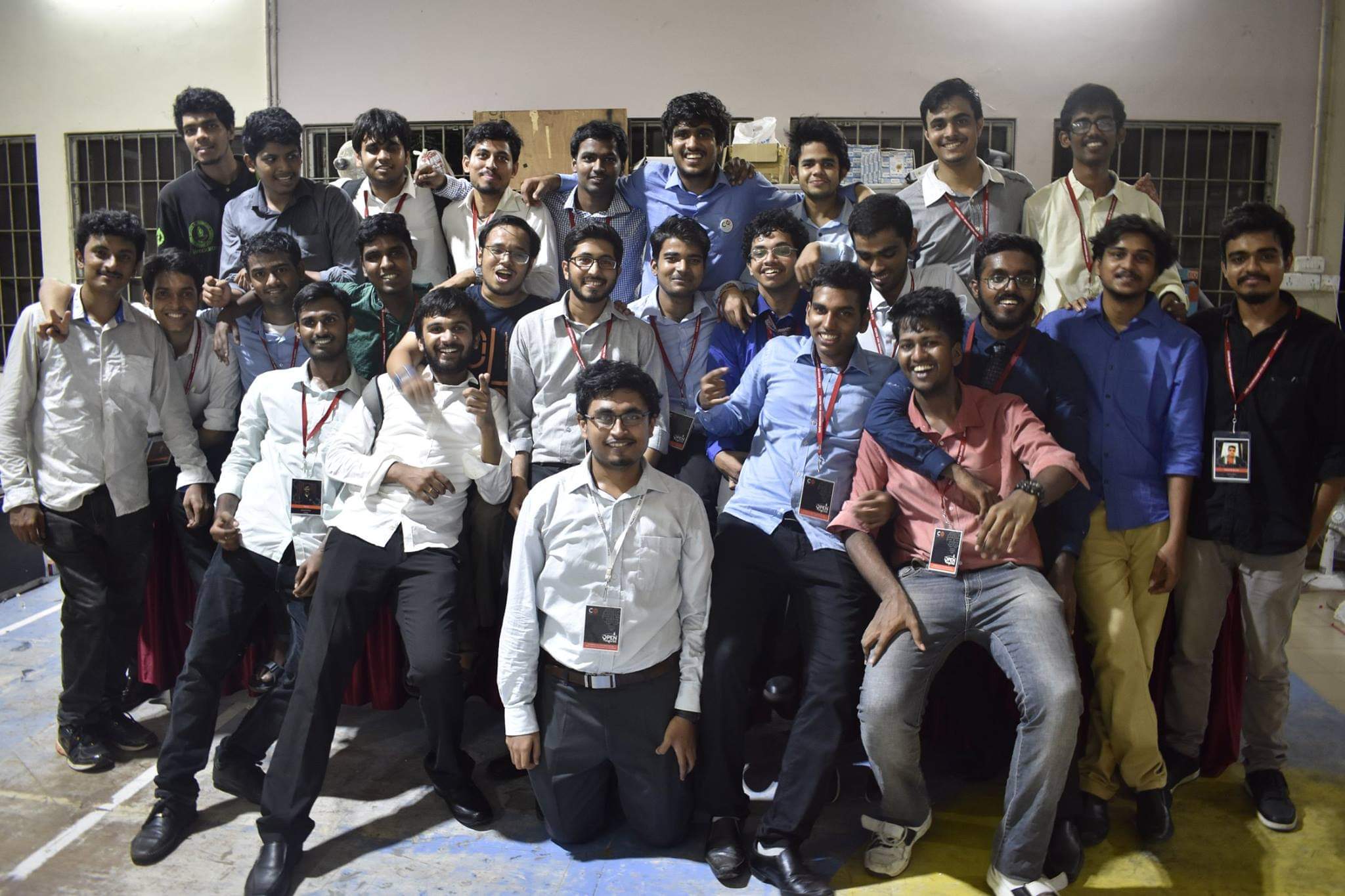Edited by Nalli Sai Soumya | Design by Ramana
The WebOps and Blockchain Club of IIT Madras were awarded the record of ‘Blockchain Software for Students Body Election’ by the India Book of Records for conducting the SLC elections held via blockchain technology. Wondering what the SLC elections are? Please be responsible IITMian and google it. However, if it’s the club and the blockchain technology you are at sea about, worry not! Given this achievement, T5E interviewed Anirudh Varna, the Head of the club to get to know more about the club, the blockchain technology, the acclaimed election and its prospects.
Can you give us a brief idea of what your club does?
We, the WebOps and Blockchain Club, do projects on web development that can aid the general public in elections, disaster management, information and protocol platforms, etc. Recently, we have also delved into the Blockchain world and one of our projects was to create a platform for the SLC elections using this technology.
Since Blockchain is a relatively new technology, people do not easily trust its efficacy. What are your comments regarding that?
I understand where they come from, I was of the same opinion before I understood how it operated. Briefly, Blockchain is a digital stone, something carved onto that stays there until the majority tries to exploit it. It is a decentralized network of many computers. Systems far and wide are part of the network and the Blockchain does not exist if all of them shut down. Manifestation of malware on the chain is nearly impossible since the majority of the systems need to agree upon any action that happens on the chain. So for an attack to be successful, it has to be synchronized across at least half of the systems. This concept of shared ownership gives Blockchain immense potential.
Can you tell me more about the election process and how Blockchain technology helped make it easier?
The server and software for our Insti elections are generally built by an external company, which helps facilitate the election. As the entire voting process (after casting votes) would not be transparent to us, and to be more self-sustainable as an Institute, we thought of experimenting with blockchain for elections. In the recent election, we faced several difficulties like server blocks, device non-compatibility, delayed processing, etc. These are some of the issues that blockchain rectifies. In the SLC Speaker elections, the link to the entire process was available to the public, making it easy for anyone to calculate the votes and get to know the results. Device compatibility, email IDs and OTPs were unnecessary as identification happens through a wallet address granted to the voters. Their votes are immutable to the extent that even the operators cannot alter them! A code known as the Smart Contract on the Blockchain auto-executes the entire process and is the face of the logic behind the technology.
How did you come to take up this project? Who made the call and took up the initiative?
There is an interesting story behind this. It was first proposed by the first head of the Blockchain Club (established last year, formerly it was just the WebOps Club) and introduced to some of us in CFI while we were project members. We were initially working on this project for the Open House, during which our faculty advisor approached us and suggested using this for the Insti election. At that time, our project had not yet been officially deployed and was operating only on a local level. Nevertheless, when we proposed the idea to SECC, we were given the green light to conduct the speaker election, after a mock. Only three of us, Devansh Saini, Karthik Sriram and myself, worked on it and we are pretty proud of the results!
Were there any glitches in the software? Did everything go as planned?
We did have trouble hosting the election process on a device. We were pretty confident about the results derived from the mock since Blockchain tests do not require scalability, meaning that if it works for 100 individuals it will work for 1000. During the Open house exhibition of this project, we met Blockchain enthusiasts who appreciated our efforts and engaged with us in healthy discussions. Other students have also given valuable feedback based on user interaction on software relating to the front end and the user interface.
The effort and expertise behind the working of this project have to be lauded, especially considering that it has been entirely student-managed! As a result of the success that the team has enjoyed, the upcoming General Elections for next term will be conducted via Blockchain Technology!




